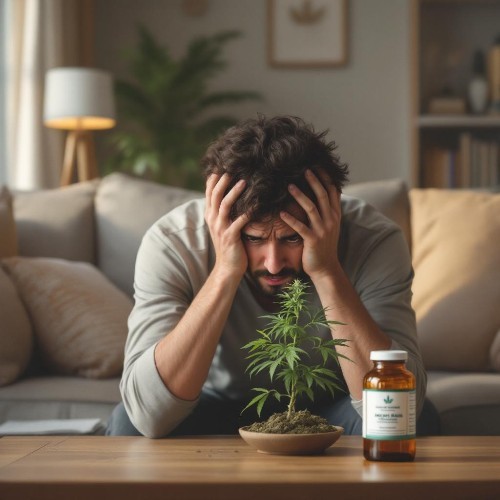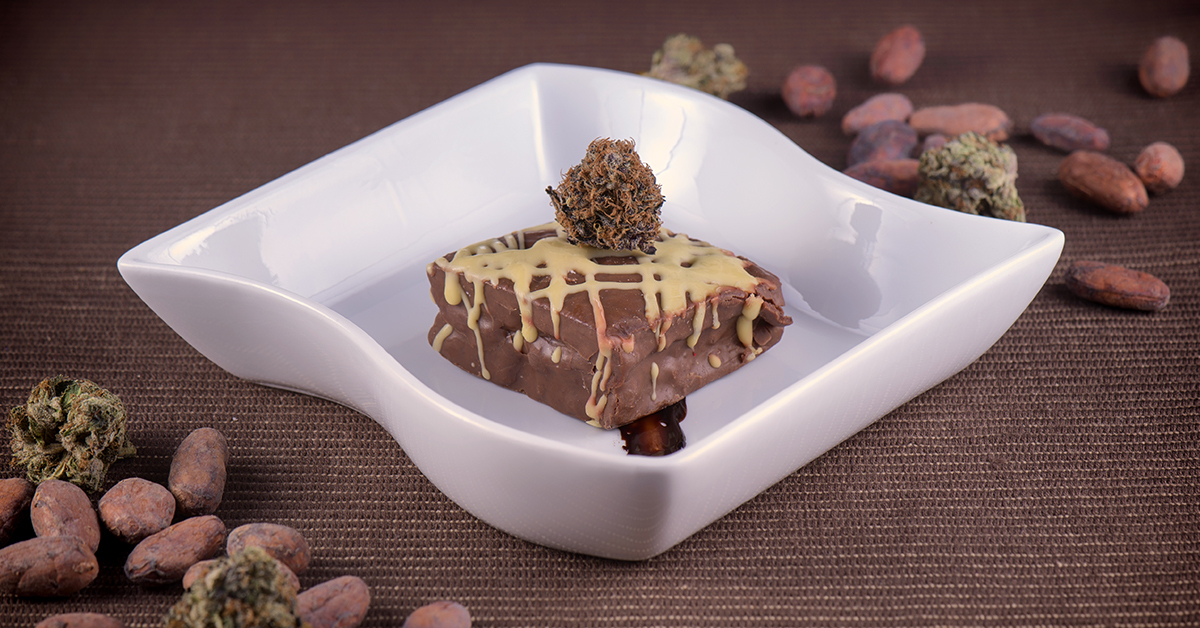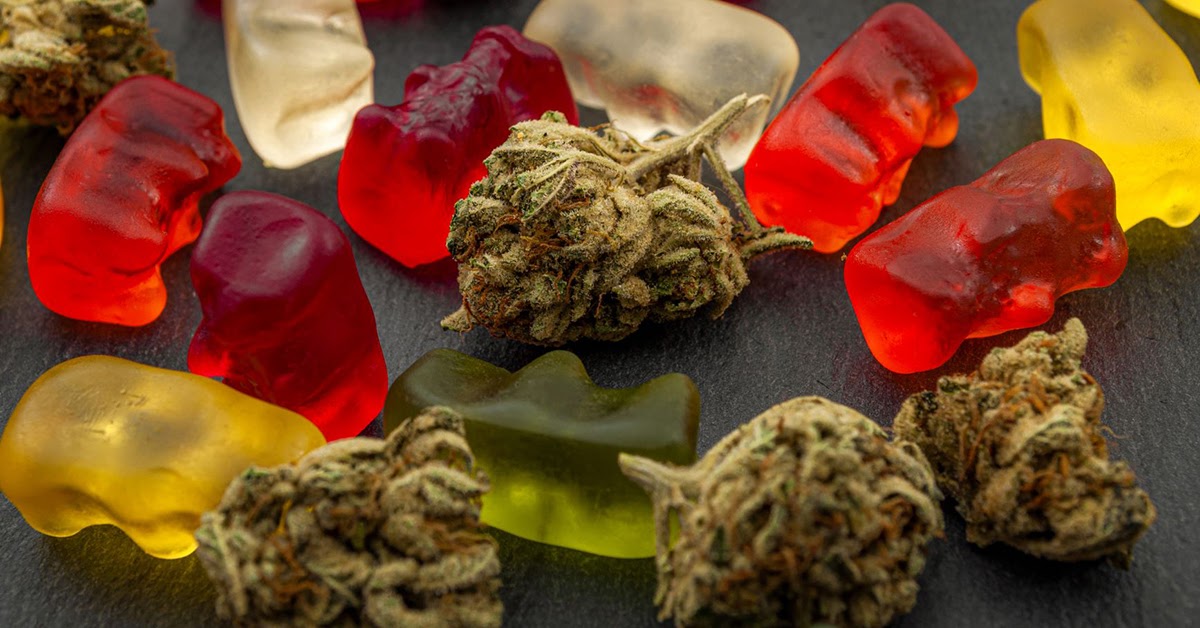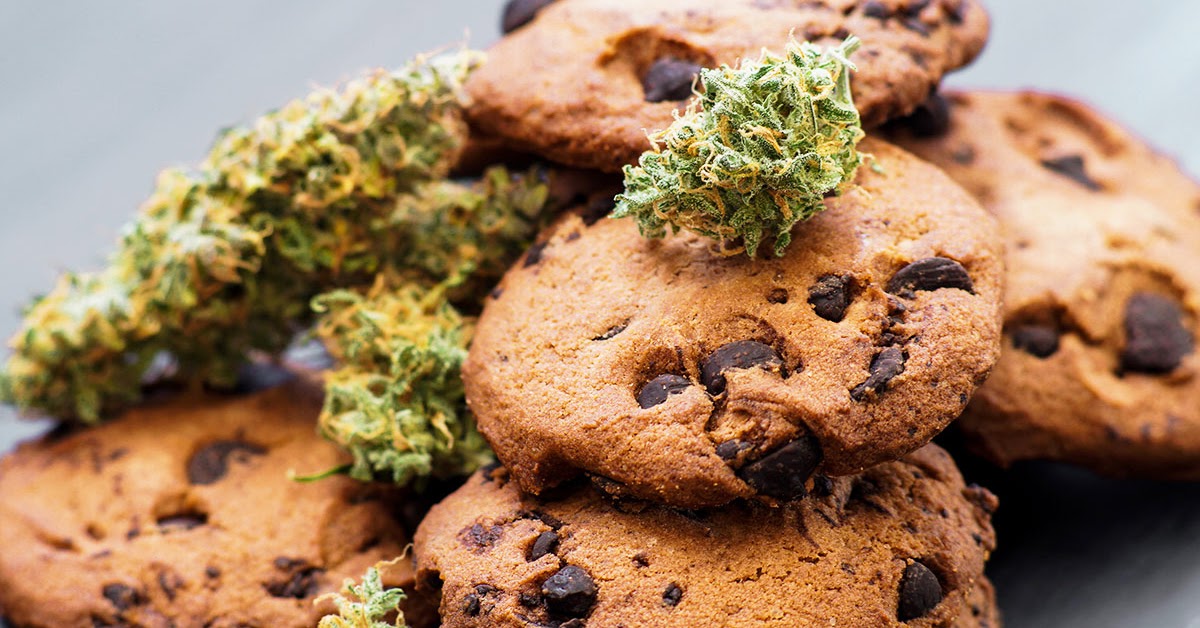Cannabis is widely celebrated for its relaxing properties, yet many users occasionally experience the opposite effect—an unsettling sensation of paranoia that can transform a potentially pleasant experience into an uncomfortable one. This phenomenon, while common, remains misunderstood by many enthusiasts. Let's explore why cannabis sometimes triggers paranoia and discover effective techniques to prevent or manage these unwanted feelings.
Cannabis affects everyone differently. While many enjoy its calming embrace, others might find themselves caught in a web of irrational fear or suspicion. This reaction isn't uncommon—studies suggest approximately 30% of cannabis consumers report experiencing paranoia at some point. Understanding this response can help you navigate your cannabis journey with greater confidence and enjoyment.
The Science Behind Cannabis-Induced Paranoia
Cannabis interacts with our endocannabinoid system, a complex network that helps regulate various bodily functions including mood and stress responses. When cannabis enters your system, compounds like THC bind to cannabinoid receptors throughout your brain, particularly in the amygdala—the region responsible for processing fear and anxiety.
This interaction can sometimes overstimulate the amygdala, triggering an exaggerated fear response that manifests as paranoia. Your brain essentially receives more cannabinoids than it's accustomed to processing, potentially disrupting its normal fear-regulation mechanisms.
Interestingly, not all cannabis compounds produce this effect. While THC (tetrahydrocannabinol) can sometimes provoke anxiety, CBD (cannabidiol) appears to counteract these effects, potentially offering a protective buffer against paranoid thoughts.
The relationship between cannabis and paranoia operates on what scientists call a biphasic response—small amounts may reduce anxiety, while larger doses might amplify it. Research from the University of Chicago demonstrated this effect, showing that participants who consumed 7.5 milligrams of THC experienced stress reduction, while those taking 12.5 milligrams reported increased negative emotions.
Factors That Influence Paranoia Risk
Several variables determine whether your cannabis experience will be blissful or anxiety-inducing. Understanding these factors can help you make informed choices about your consumption habits.
THC Concentration
Modern cannabis strains often contain significantly higher THC levels than those available decades ago. While cannabis in the 1970s typically contained around 7% THC, today's varieties frequently exceed 20%. This dramatic increase means even experienced users might consume more THC than intended, potentially crossing the threshold from relaxation to paranoia.
The ratio between THC and CBD also plays a crucial role. CBD appears to moderate THC's psychoactive effects, potentially reducing the likelihood of paranoia. Products with balanced THC:CBD ratios may offer a more gentle experience for those sensitive to THC's effects.
Individual Sensitivity
Your personal biochemistry significantly influences how you respond to cannabis. Genetic factors affect your endocannabinoid system's structure and function, potentially making you more or less susceptible to paranoia. Research suggests women may be particularly sensitive to THC's effects due to hormonal differences.
Previous experiences with anxiety or paranoia—whether cannabis-related or not—can also increase your vulnerability. Your brain's unique neural pathways, shaped by past experiences, may predispose you to certain responses when using cannabis.
Consumption Method
How you consume cannabis matters tremendously. Edibles deserve special caution, as they typically deliver higher THC doses and produce longer-lasting effects. The delayed onset of edibles (sometimes taking 1-2 hours) often leads to overconsumption, as impatient users take additional doses before feeling the full effects of their initial serving.
Smoking or vaping provides more immediate feedback, allowing users to gauge their response and adjust accordingly. However, these methods can still trigger paranoia if the cannabis contains high THC levels or if you consume too much too quickly.
Environmental Factors
Your surroundings and mindset profoundly influence your cannabis experience. Using cannabis in unfamiliar or uncomfortable environments can heighten anxiety, as can consuming it when already stressed or worried. The phenomenon known as "set and setting" refers to how your mental state and environment shape your experience with any substance.
Social pressure or legal concerns may also contribute to paranoia. Even in regions where cannabis is legal, lingering stigma can create anxiety about being judged for using it. This underlying tension can manifest as paranoia when THC amplifies existing worries.
Recognising Cannabis-Induced Paranoia
Identifying paranoia early allows you to address it before it intensifies. Common symptoms include:
Mental symptoms:
- Irrational suspicion of others
- Feeling watched or judged
- Believing others are talking about you
- Experiencing an overwhelming sense of doom
- Having unusual or disturbing thoughts
Physical symptoms:
- Accelerated heartbeat
- Perspiration, particularly on the palms
- Trembling or shaking
- Shallow breathing
- Dizziness or lightheadedness
These symptoms typically emerge during or shortly after cannabis use and generally subside as the effects wear off. While uncomfortable, remember that cannabis-induced paranoia is temporary and not dangerous, though it can certainly feel distressing in the moment.
Immediate Strategies for Managing Paranoia
If you find yourself experiencing paranoia after using cannabis, several techniques can help restore your sense of calm:

Grounding Techniques
Remind yourself that your paranoid thoughts stem from cannabis and don't reflect reality. Deep breathing exercises can help regulate your nervous system—try inhaling through your nose for four counts, holding briefly, then exhaling through your mouth for six counts.
Changing your environment often helps. Move to a quieter space, reduce sensory stimulation, or step outside for fresh air. Surrounding yourself with trusted friends who understand what you're experiencing can provide reassurance and perspective.
Natural Remedies
Certain natural substances may help counteract THC-induced paranoia. Black peppercorns contain terpenes that interact with the same receptors as cannabis—sniffing or chewing a few peppercorns might reduce anxiety symptoms.
Citrus fruits, particularly lemons, contain limonene, a compound with potential anti-anxiety properties. Try preparing fresh lemonade or simply zesting a lemon and inhaling its aroma.
Staying hydrated supports your body's ability to metabolise cannabinoids. Sipping water throughout your cannabis experience may help moderate its effects and reduce paranoia intensity.
Long-Term Prevention Strategies
To minimise future episodes of cannabis-induced paranoia, consider implementing these preventative approaches:
Mindful Consumption Practices
Start with minimal doses, particularly when trying new products or consumption methods. The adage "start low, go slow" serves as excellent guidance—begin with a fraction of what you think you might need and gradually increase only if necessary.
Select products with balanced THC:CBD ratios or those specifically formulated to minimise anxiety. Many dispensaries now offer products designed for new users or those sensitive to THC's effects.
Consider tracking your experiences in a journal, noting which strains, doses, and circumstances led to positive or negative outcomes. This personal data can help you identify patterns and make informed choices about your cannabis use.
Creating Optimal Conditions
Choose comfortable, familiar environments for cannabis consumption, particularly if you're prone to anxiety. Ensure you feel physically and emotionally safe before using cannabis.
Avoid using cannabis when already stressed, anxious, or in negative emotional states, as THC may amplify these feelings. Instead, choose moments when you're already feeling relatively calm and positive.
Consider using cannabis with trusted friends who understand your concerns and can provide support if needed. Having a "cannabis buddy" can significantly enhance your sense of security and enjoyment.
When to Seek Professional Support
While cannabis-induced paranoia typically resolves on its own, persistent or severe symptoms may warrant professional attention. Consider consulting a healthcare provider if:
- Paranoid thoughts persist long after cannabis effects should have subsided
- Paranoia becomes increasingly intense with each cannabis use
- You experience paranoid thoughts even when not using cannabis
- Paranoia significantly impacts your daily functioning or quality of life
Mental health professionals can help determine whether your symptoms relate solely to cannabis use or indicate underlying conditions that might require treatment. They can also provide personalised strategies for managing anxiety and paranoia.
Cannabis-induced paranoia, while uncomfortable, doesn't necessarily mean you must abandon cannabis altogether. By understanding its causes and implementing thoughtful prevention and management strategies, many users successfully navigate this challenge and continue enjoying cannabis's beneficial effects.
Remember that your relationship with cannabis is personal—what works for others might not work for you. Approach your cannabis journey with curiosity, mindfulness, and self-compassion, adjusting your practices based on your unique experiences and needs.





